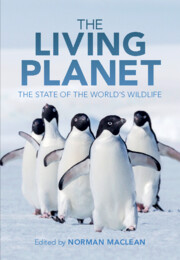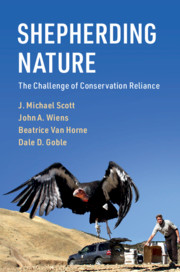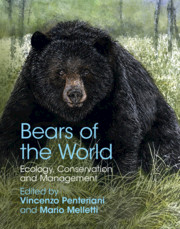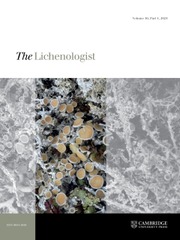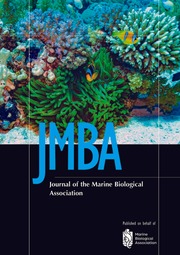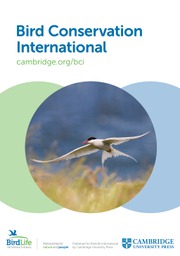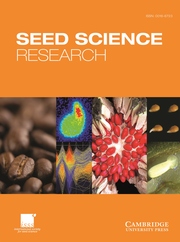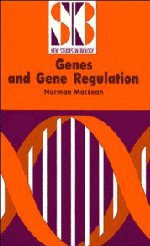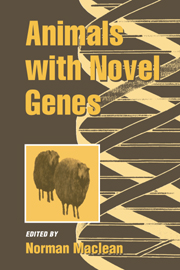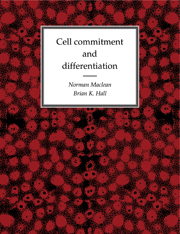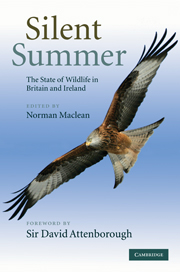The Living Planet
Since 1970, there has been an overall decline in wildlife populations in the order of 52%. Freshwater species populations have declined by 76%; species populations in Central and South America have declined by 83%; and in the Indo-Pacific by 67%. These are often not complete extinctions, but large declines in the numbers of animals in each species, as well as habitat loss. This presents us with a tremendous opportunity, before it is too late to rescue many species. This book documents the present state of wildlife on a global scale, using a taxonomic approach, and serving as a one stop place for people involved in conservation to be able to find out what is in decline, and the success stories that have occurred to bring back species from the brink of extinction - primarily due to conservation management techniques - as models for what we might achieve in the future.
- The first book to present the current state of wildlife - globally - using a taxonomic approach
- Brings together renowned authors from around the world and many experts in their field, especially those affiliated with IUCN (International Union for the Conservation of Nature), the organisation that Red lists species
- Discusses the history and evolution of life on Earth, and presents the state of play for each of the major groups: flowering plants, non-flowering plants, fungi and other minor phyla, marine invertebrates, terrestrial invertebrates, fishes, amphibians, reptiles, birds, and marine and terrestrial mammals
Reviews & endorsements
‘Highly recommended.’ J. Organ, Choice
‘Matt Hayward provides a devastating critique of the novel ecosystem and compassionate conservation movement approaches that threaten to homogenize global biodiversity, i.e., the inverse of the intended aim of most conservation to maintain or restore biodiversity. This book is a useful compendium and I recommend it particularly for teachers, nongovernmental organizations, and undergraduate conservation courses.’ Rob Harcourt, The Quarterly Review of Biology
Product details
April 2023Paperback
9781108731652
446 pages
243 × 169 × 22 mm
0.73kg
Available
Table of Contents
- 1. Introduction and the evolution of life on earth Norman Maclean
- 2. Flowering plants Sara Oldfield and Lauren Gardiner
- 3. Bryophytes and Pteridophytes
- Spore-bearing land plants Mary Gibby
- 4. Terrestrial mammals Alexis M. Mychajliw
- 5. Marine mammals: exploited for millennia, but still holding on Alexis M. Mychajliw and Thomas A. Jefferson
- 6. Birds Tristram Allinson
- 7. Reptiles Philip Bowles
- 8. Amphibians Phillip J. Bishop † , Sally Wren, Ariadne Angulo and Richard A. Griffiths
- 9. Freshwater fishes: threatened species and threatened waters on a global scale Peter B. Moyle and Robert A. Leidy
- 10. The amazing yet threatened world of marine fishes Mark A. Hixon and Brian W. Bowen
- 11. Insects Manu E. Saunders, Simon Leather †, Jenni Stockan and David Yeates
- 12. Marine invertebrates Alex David Rogers, Patricia Miloslavich, David Obura and Octavio Aburto-Oropreza
- 13. Non-insect terrestrial arthropods Gonzalo Giribet
- 14. Terrestrial invertebrates other than arthropods and molluscs Gonzalo Giribet
- 15. Non-marine Molluscs Robert H. Cowie, Benoît Fontaine and Philippe Bouchet
- 16. An account of the diversity and conservation of fungi and their close relatives Gregory Mueller and Jessica L. Allen
- 17. Simple life forms Norman Maclean
- 18. Assessing species conservation status: the IUCN red list and green status Molly Grace
- 19. Problems with the world`s ecosystems Matt W. Hayward
- 20. Conservation methods and successes Norman Maclean
- 21. What does the future hold for our planet and its wildlife? Norman Maclean
- Index.

